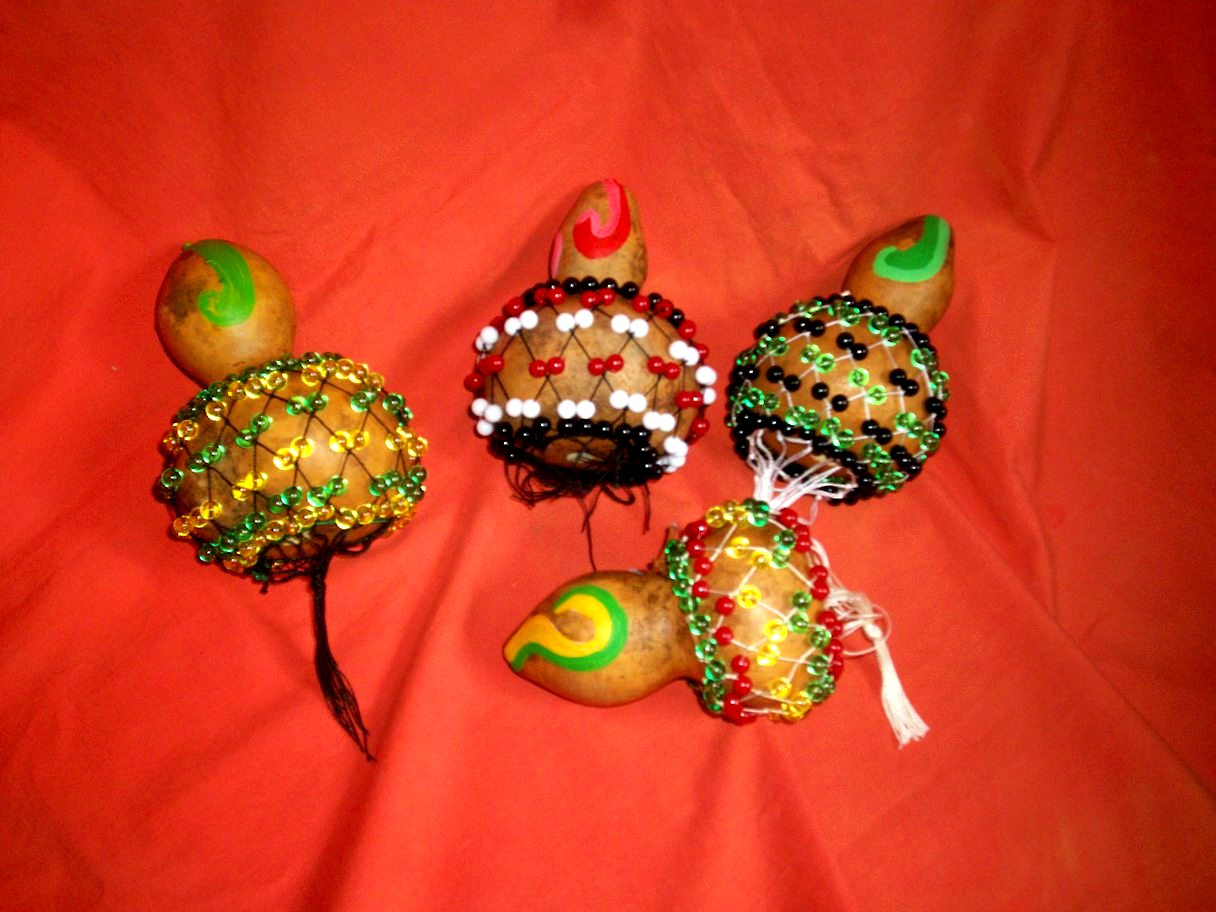2- African influence in Cuban music.

As a consequence of the slave trade in the Americas, thousands of Africans landed on the shores of our archipelago in Cuba from the beginning of the 16th century. Men and women with their diverse languages, nationalities, cultures, rituals, and customs transformed each region they set foot in, thus shaping Cuba’s musical culture. The Black community made musical expression a space of moral survival from its earliest settlements.
In Cuban folk music, which is nothing more than the fruit of the fusion of elements from African and Eurasian backgrounds, the former stood out, because for centuries the population of African origin was the basic “folk” mass of our society. At the time when Cuban nationality emerged, these inhabitants constituted more than half of the island’s inhabitants and for centuries controlled the profession of musicians, one of the paltry possibilities for social advancement available to the free classes of African origin during the slave regime.
Greatly influenced by the African roots of Cuban nationality, Cuban music has developed significantly thanks to popular brown and brown musicians. The African roots of Cuban music have an undeniable value in the formation of our culture. Traditional Afro-Cuban music has religious origins, while Yoruba, conga, and Abakuá ritual music have clear connections with the forms and content found in Cuban popular music genres such as rumba and son.
The rich African oral traditions are immortalized in Cuba, just as the collection of its ancestral mythologies is perpetuated with its ceremonial practices where songs, dances, and the sacred language of the drum are instruments of complex communication.








